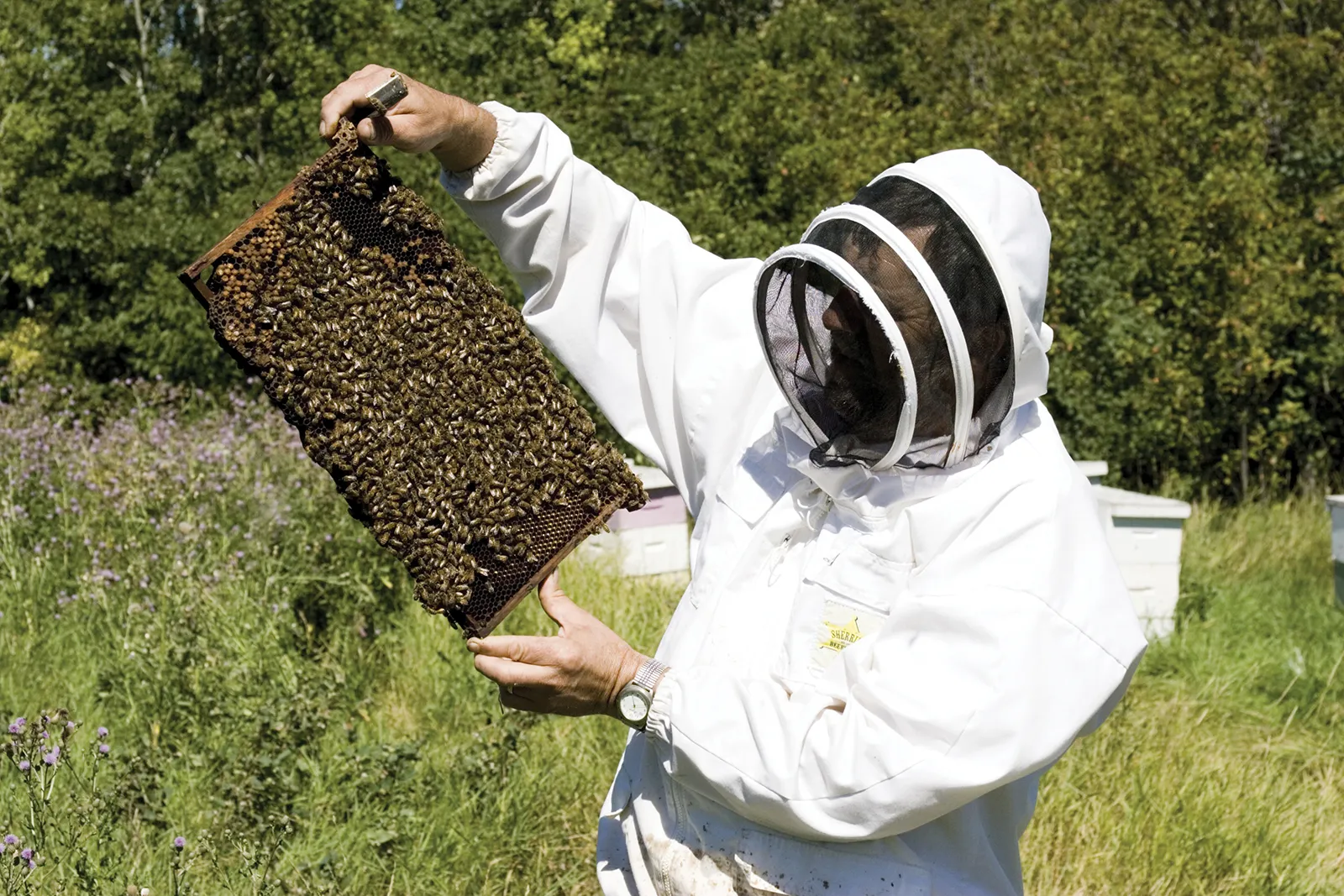Kirinyaga Beekeepers Find Sweet Success, Selling Honey to Israel

In Kirinyaga County, commercial beekeeping is proving to be a lucrative venture for local farmers, with one group already making sales to Israel. The Kanjikomu Self Help Group, comprising 24 members, has capitalized on the honey-making potential of their region.
Located in Kabare ward, Gichugu constituency, the group was among the initial 19 organizations supported by Governor Anne Waiguru’s Wezesha project. They received 456 bee hives and two honey harvesting kits.
Kanjikomu achieved their first milestone by selling their initial 200 kilograms of honey for Sh200,000. The group is now planning to package and market their honey products independently.
The success of the Kanjikomu group has sparked renewed interest in beekeeping among Kirinyaga farmers. The group received 24 Kenya Topbar beehives, 18 of which were colonized.

Governor Waiguru highlighted the project’s aim to tap into the untapped potential of apiculture, driven by the growing awareness of the health benefits of consuming honey. Due to the high demand for honey in the county and the nation, the project aimed to support farmers in exploring beekeeping.
This year, 26 additional groups received support, each equipped with 22 beehives and honey harvesting kits to further promote beekeeping.
Evans Kabutu, chairman of the Kanjikomu group, shared that each of the 18 colonized beehives yielded an average of about 11 kilograms of honey, which was purchased at Sh1,000 per kilogram. Kabutu expressed their satisfaction with beekeeping, citing the robust demand for pure honey.
Kabutu highlighted the comparative advantages of beekeeping, noting that it requires less capital and is less labor-intensive compared to other forms of farming, such as poultry farming.
Josiah Kangangi, vice chairman of the Kanjikomu group, added that the profitability of beekeeping allowed each of the 24 members to acquire five beehives for their farms. The additional hives have further boosted their income and improved their living standards.
Utheri Wa Ngondo CBO, located in Kangai ward, Mwea, is another group that has benefited from the county government’s support. Gerald Muriithi, vice chairman of the group, explained their transition from a table banking initiative to successful beekeeping. After receiving training and support from the county government, they now own 34 beehives and have experienced rising profits.
Governor Waiguru emphasized the positive impact of beekeeping on Kirinyaga’s economic empowerment program, which enables farmers to diversify their agricultural activities and increase their incomes. Beekeeping requires less land, making it suitable for youth and women, and can be initiated with minimal capital.
Furthermore, beekeeping contributes to crop production by enhancing pollination. Currently, Kirinyaga County boasts approximately 13,000 beehives of various types, producing around 359 tons of honey annually. However, there is still significant untapped potential in the country, as Kenya only reaches 20% of its honey production capacity.





